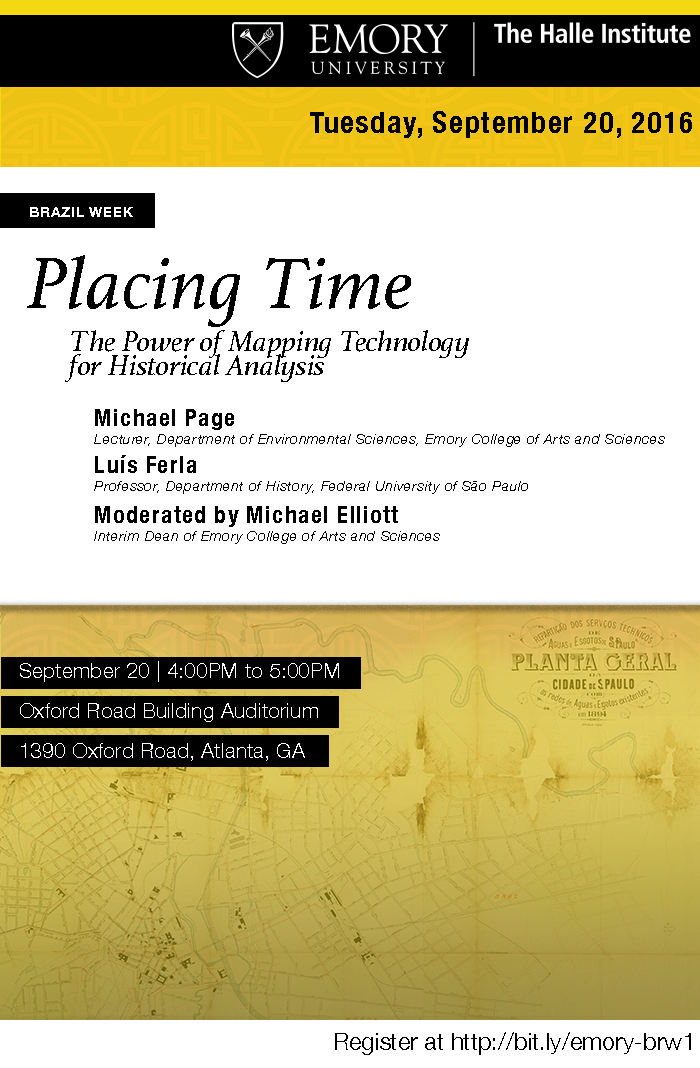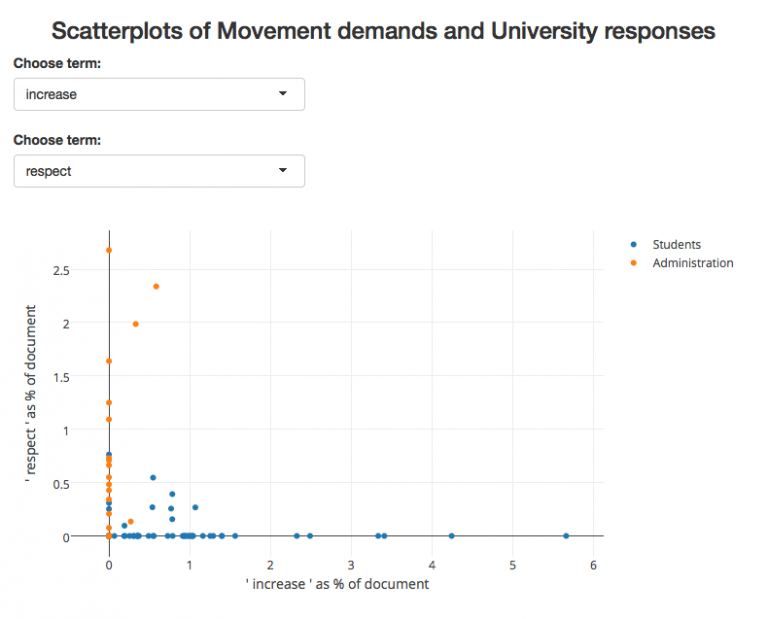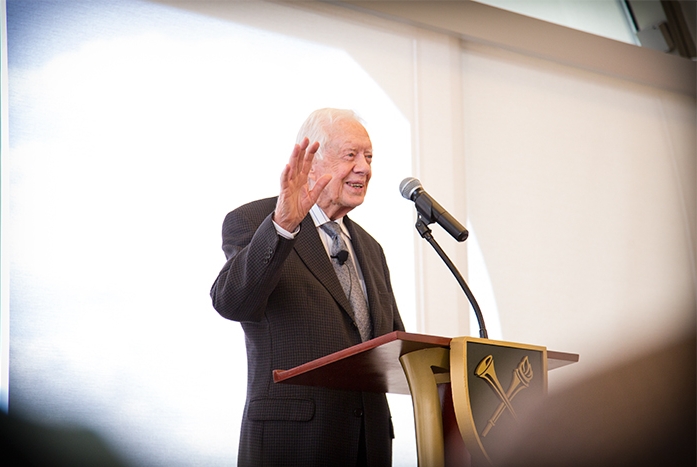![White Rage: The Unspoken Truth of Our Racial Divide by [Anderson Ph.D., Carol]](https://images-na.ssl-images-amazon.com/images/I/41Vs2iuBxeL.jpg)
Historian Carol Anderson, Samuel Candler Dobbs Professor of African American Studies, was recently featured in Politico’s “50,” a guide to “the thinkers, doers and visionaries transforming American politics in 2016.” Anderson is featured alongside Michael Tesler, a political scientist at the University of California Irvine. Situating the 2016 election in a longer historical context, Anderson and Tesler assert that “white racism has long shaped American politics—and 2016 is no exception.” The article highlights Anderson’s recent book, White Rage: The Unspoken Truth of Our Racial Divide (Bloomsbury, 2016). View an excerpt below and check out the full article.
“This year, in her book White Rage: The Unspoken Truth of Our Racial Divide, Anderson argues that black Americans’ advances have always been followed by white Americans’ efforts to resist them or roll them back. After slavery was abolished, there were Jim Crow laws; after Brown v. Board of Education, whites segregated themselves in private schools and wealthier districts; after passage of the Civil Rights Act and the Voting Rights Act, Richard Nixon made an appeal to white voters with his “Southern strategy” and Ronald Reagan escalated the war on drugs, which disproportionately jailed African-Americans. Whether in legislatures, the courts or police departments, Anderson argues, white rage against black progress has worked to keep deep racial inequality entrenched in American society—and does to this day.”






